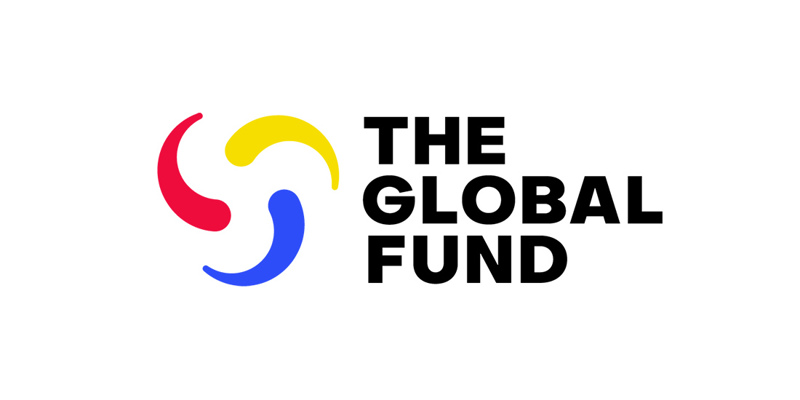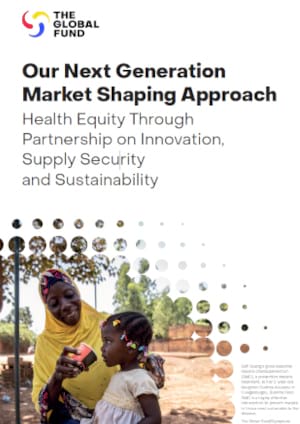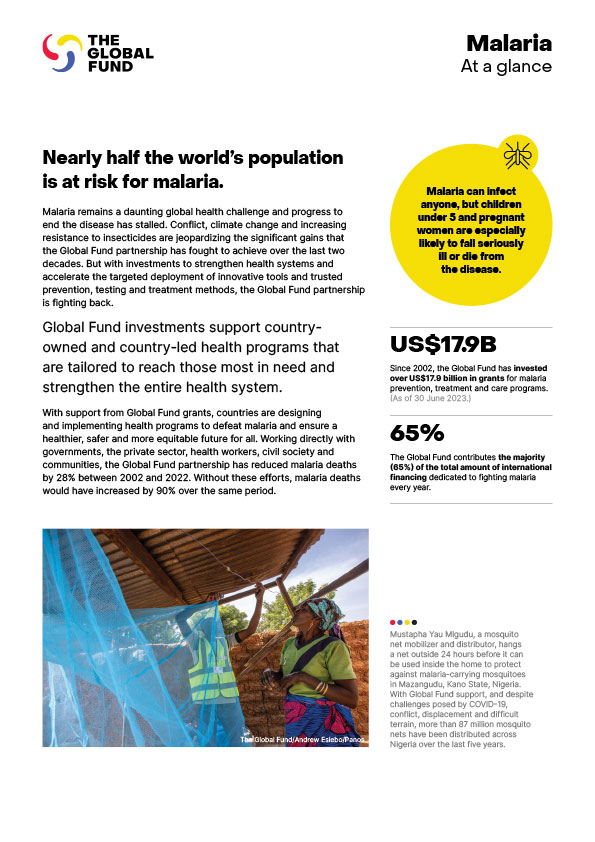Investigation in the Central African Republic
17 January 2018
Medicines financed by the Global Fund worth approximately US$200,000 leaked or were stolen from the Central African Republic supply chain in 2016-2017. OIG investigators also found small quantities of medicines available in illicit markets in the capital Bangui, suggesting a systemic problem. The OIG concluded that they had been diverted from the supply chain due to weak control processes and market demand. The Global Fund is currently assessing new implementing partners to take over stock management and distribution in the country. It will also take steps to recover the lost funds.
The Central African Republic is ranked last in the 188-nation UN Development Programme’s Human Development Index. The country has undergone periods of violent conflict for more than 30 years making it difficult for the Global Fund to monitor its grants. However, conditions have improved recently. In April 2016, Global Fund staff were able to travel again to Bangui as were OIG investigators in May 2017.
The leaked or stolen medicines were mostly artemisinin-based combination therapies (ACTs) used to treat malaria. The quantities lost correspond to treatment for approximately 250,000 people. The losses also included small quantities of antiretroviral (ARVs) drugs to treat HIV. Overall, they represent eight percent of total ACTs and 0.6 percent of total ARVs supplied to the country from January 2016 to May 2017.
The medicines were stored at the country’s central warehouse, the Unité de Cession du Médicament (UCM), an entity supervised by the Ministry of Health. In April 2016, UCM began making regular unsupported downward stock adjustments in its warehouse accounting system to reflect missing drug stocks. In January 2017, the Global Fund Principal Recipient, the International Federation of Red Cross and Red Crescent Societies (IFRC), took over the warehouse’s management following a report of large-scale theft late 2016 and UCM staff arrests. The IFRC strengthened security and added a supply chain management expert.
Despite these efforts, weaknesses in supply chain processes and documentation still exist at the facility level. This increases the risk of further diversion of drugs by facility staff to illicit markets, including strong antibiotics to treat tuberculosis. Health facilities visited by the OIG could not account for a significant portion of ACTs received early 2017. They also reported higher drug consumption figures than the number of patients actually treated further, masking possible systemic drug theft.
Market demand for anti-malarial medicine can be explained by the higher cost of malaria testing and consultation at health facilities compared with buying drug blister packs in illicit markets. Furthermore, off-label demand for the tuberculosis antibiotics is largely driven by the public perception that they can cure various other illnesses. This unmonitored consumption of antibiotics can create drug resistance, which represents a serious public health risk.
At the time of writing, the Global Fund was assessing new partners to implement its 2018-2020 grants in the Central African Republic.







